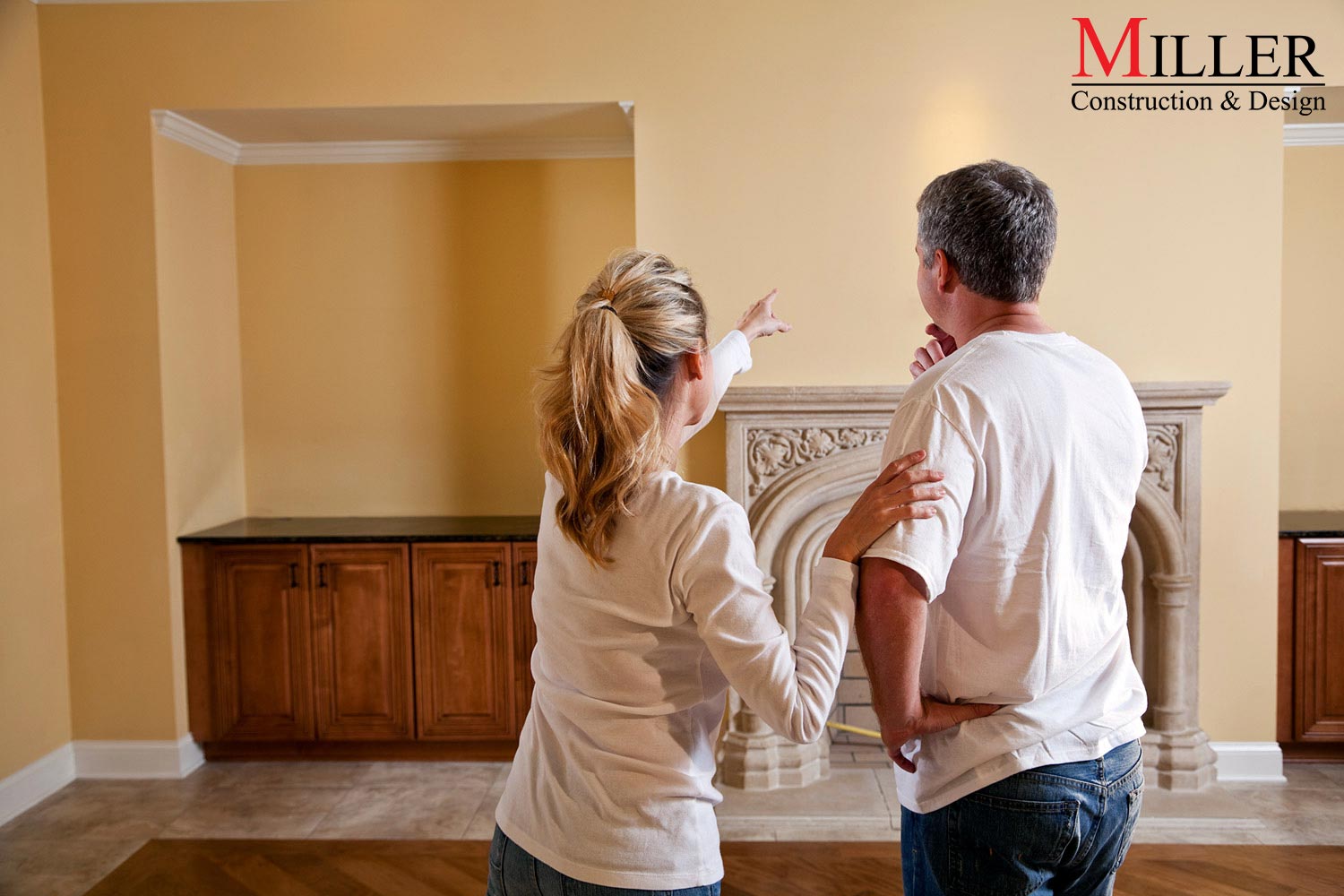Custom Home Restoration vs. Renovation

When it comes to updating your property, it’s important to differentiate between custom home restoration and renovation. The terms imply two different techniques, which ultimately will influence the final product. As a homeowner, you’ll need to identify what you want for your residence, and how to achieve your desired objective.
What Is The Difference Between Restoration And Renovation?
Restoration refers to the process of returning the structure to its former condition, by which a residence’s original material or position is preserved as much as possible. When the residence is updated, the final product aims to replicate the original design as accurately as it can. This can involve finding the original pieces that belonged to the house, as well as using the same style of design, method of construction, and materials in order to preserve the way in which the house was built.
On the other hand, renovation refers to updating and usually modernizing a place, which includes customizing and changing the original style. Simply put, renovation is the act of renewing a space, for practical and/or atheistic purposes.
What Does Custom Home Restoration Involve?
Restoration can refer to anything from repairing holes in the walls, fixing and replacing old fixtures with replicas of the originals and removing carpets and refinishing the wood floors underneath. Depending on how it’s done, restoration can involve fewer resources, and depending on the condition of the residence, can be a more cost-effective solution for necessary customs. If the house requires little remodeling or renovation, a few repairs and replacements are enough. However, replicating the original style of design can be more challenging, and allow less room for change.
What Does Renovation Involve?
Renovation covers anything from adding or removing walls, doors, windows, and rooms and completely changing the style and design of the place. Renovation is common when more space for a growing family is required, or an outdated bathroom or kitchen requires an update. When renovating a home, the materials, method of construction, historical importance, or style are not important to uphold, therefore there are no restrictions about following the original design, unlike with restoration.
How To Choose What Works For You
The most important things to consider when it comes to renovating or restoring your residence are funding and your time schedule. Restoring is generally a much quicker process, but does not allow a lot of room for change. If your objective is to extend the size of your place, renovation is a better choice. Adequate planning and fund management is highly recommended, as it will allow the work to be prioritized without compromising the end result or wasting any money. Acquiring the architectural plans of your house allows you to see what you’re working with, and visualize what you want to add to or change. As homeowners, it’s important that the residential additions or changes you make suit your style and objective.
It’s important to know that when planning a home renovation, sometimes permits are required. This can include planning permission, building regulations approval, and listed building consent. Phone your local permit office to find out if permits are necessary for your design plans in advance, as sometimes applications can take time.
You should get a detailed assessment of the current condition of your residence and a measured survey of the building, to see what requires attention- and deal with any current problems such as a leaking roof, infestation, drainage problems etc. If you decide to renovate, your home needs to structurally stable and dry. A trusted construction professional will be able to properly guide you through the best process for your home.
The building report will reveal what type of construction has been used across the residence. This is an important aspect to consider as it will affect the type and extent of alterations, and which materials and techniques can be used – especially in the case of restoration. Using the wrong renovation techniques can lead to extensive damage and wasted time and funding. For more information about how to renovate or restore your home, call (561) 923-8406.